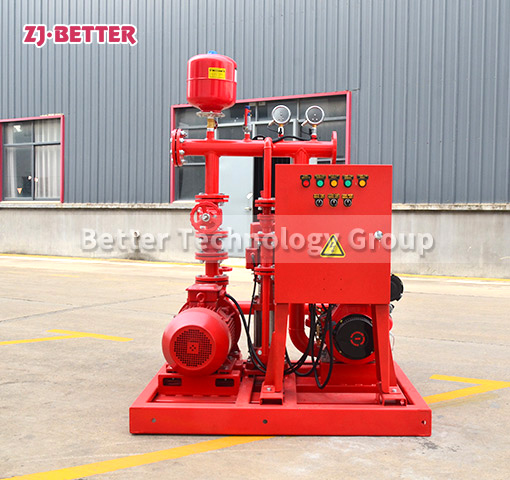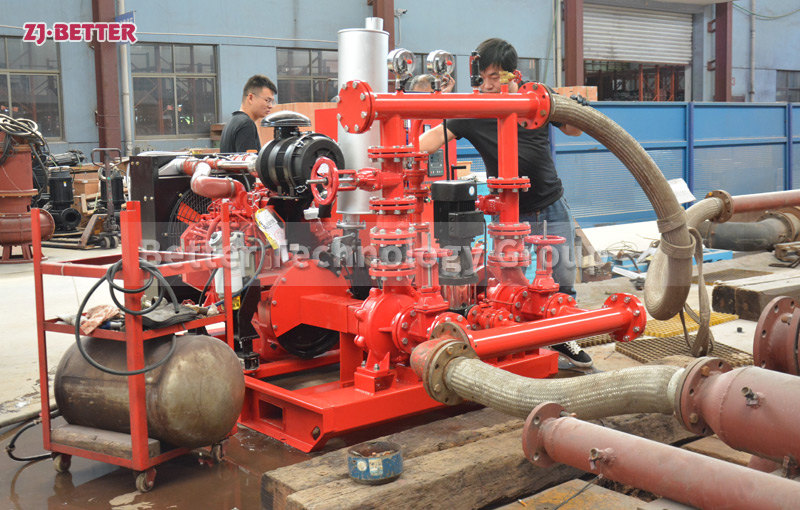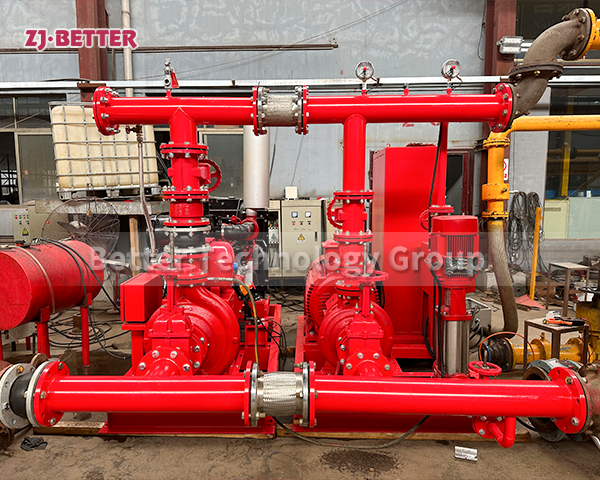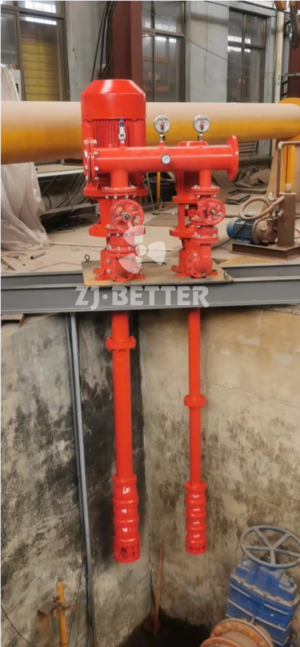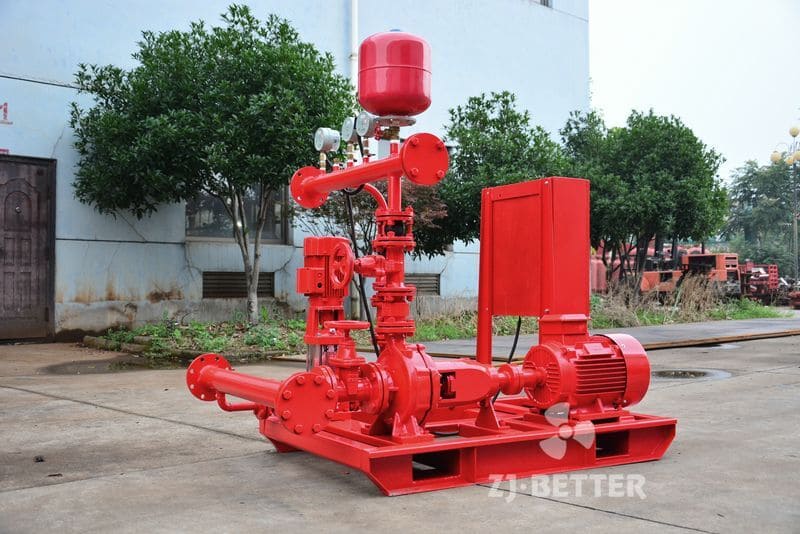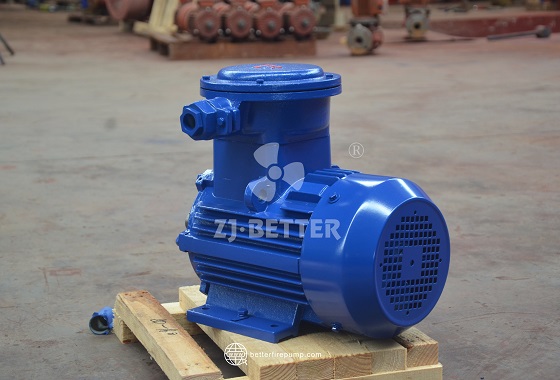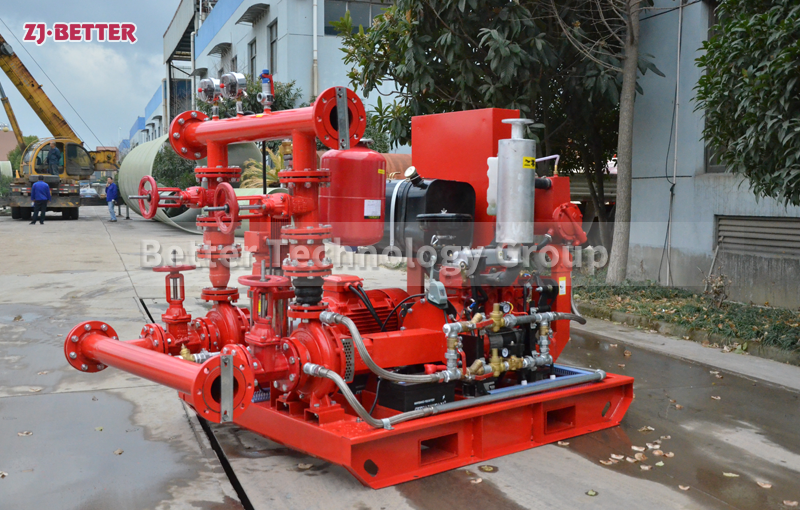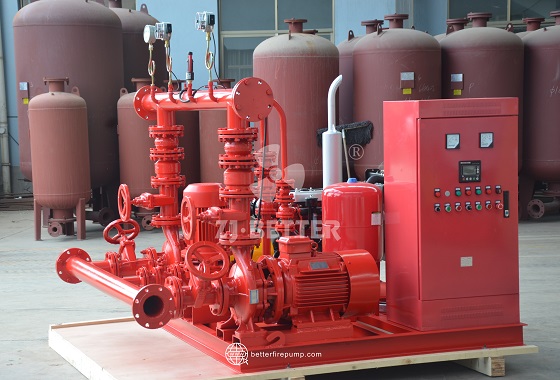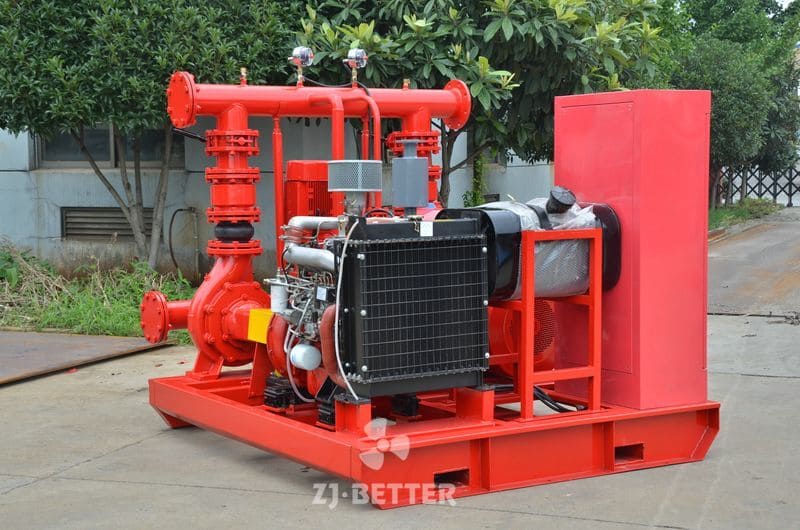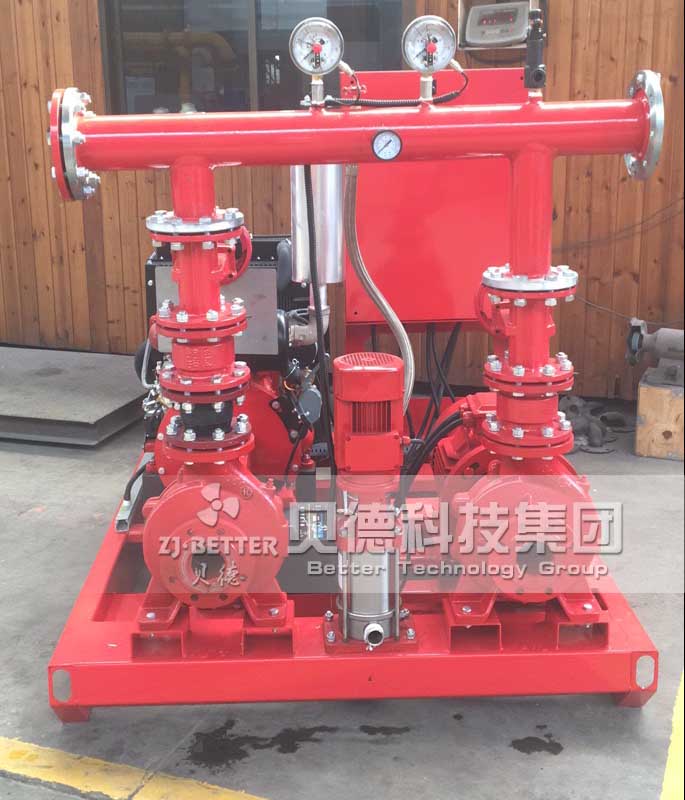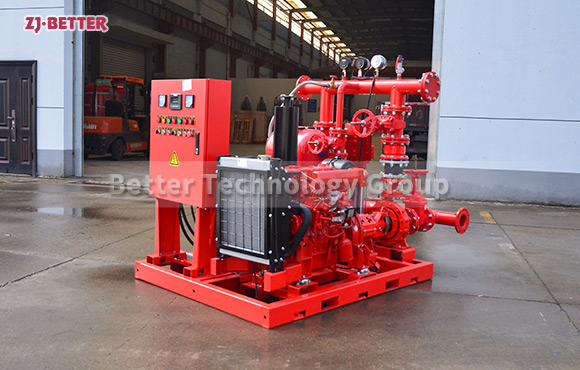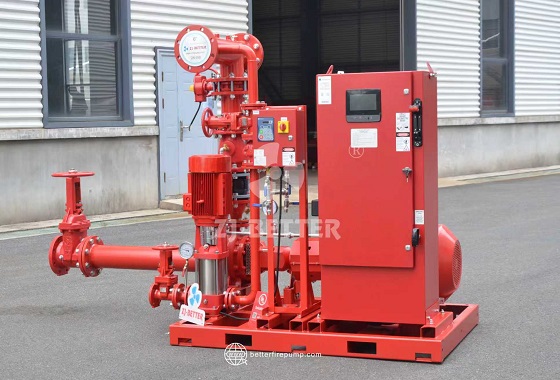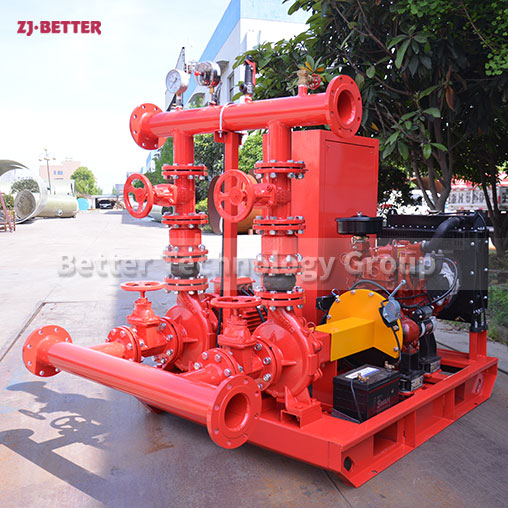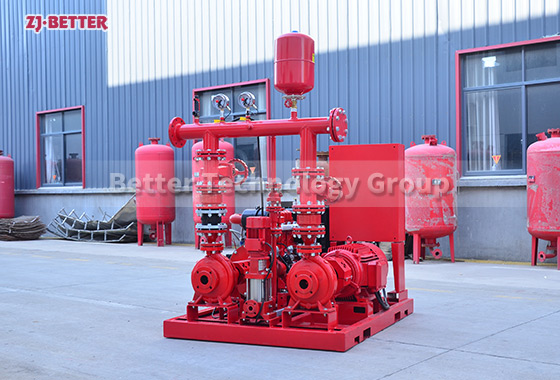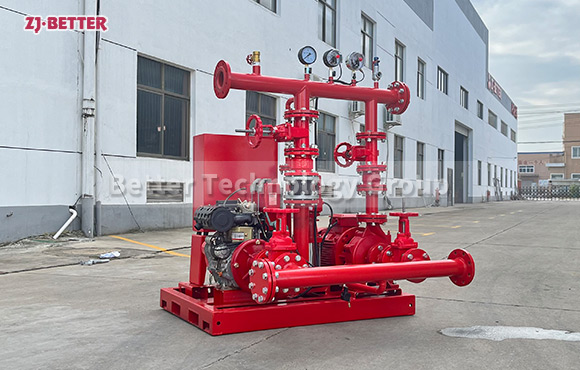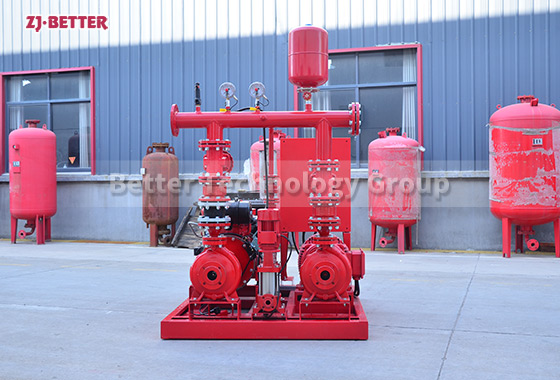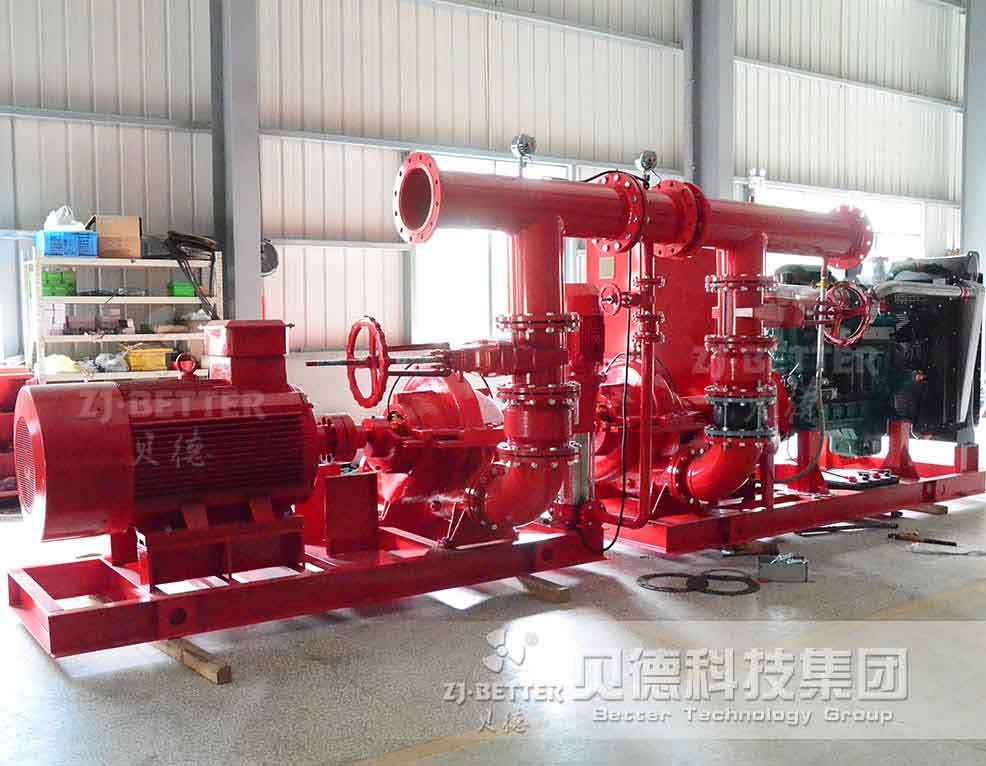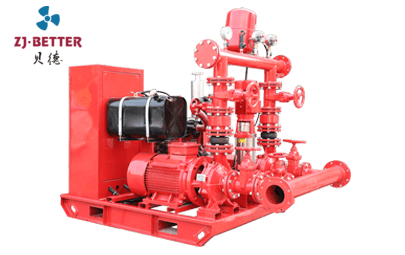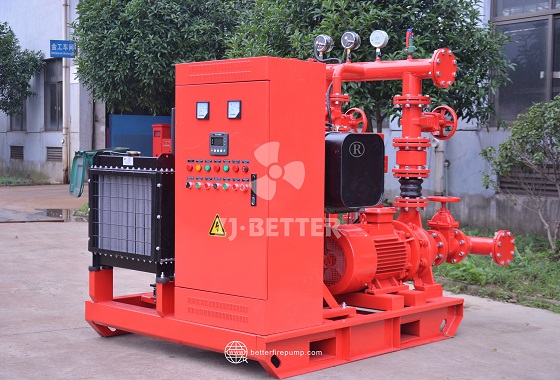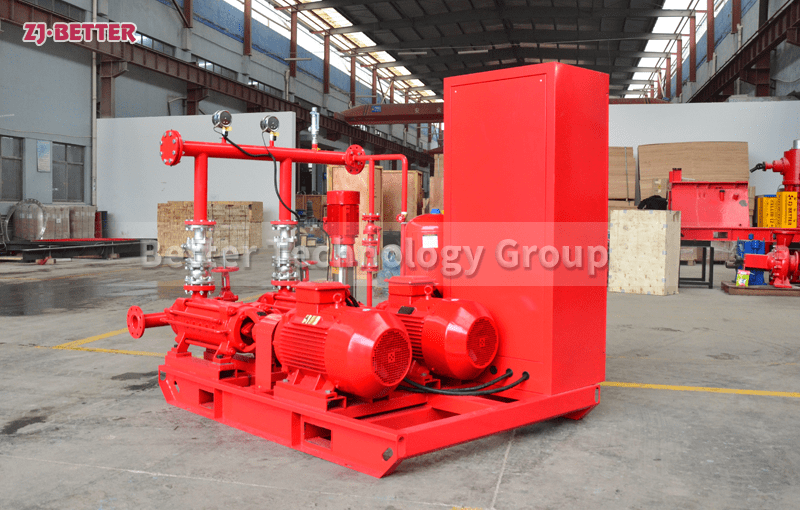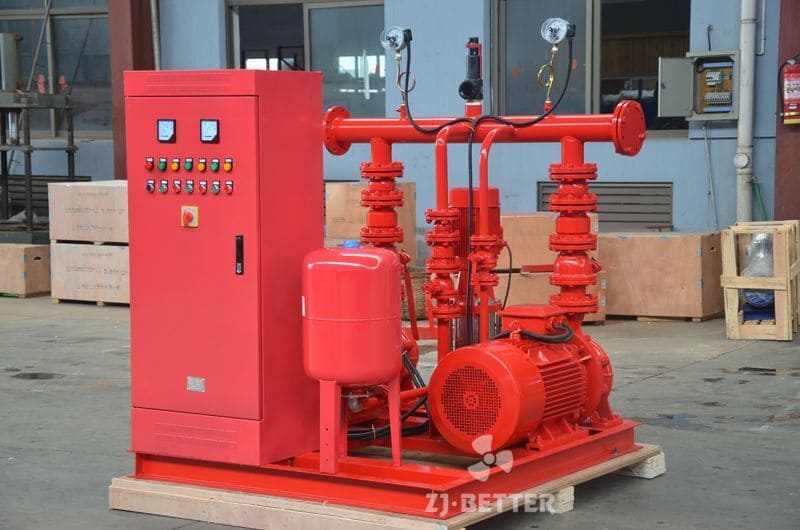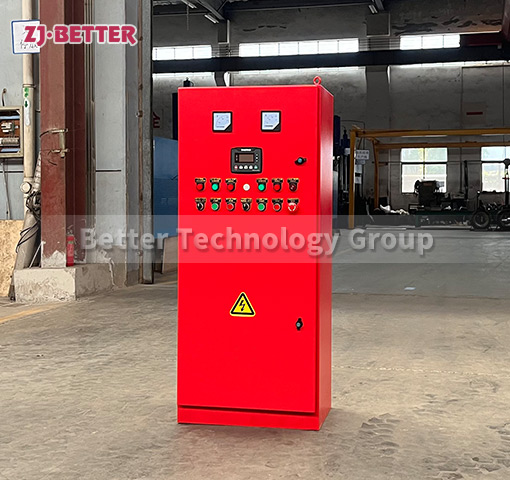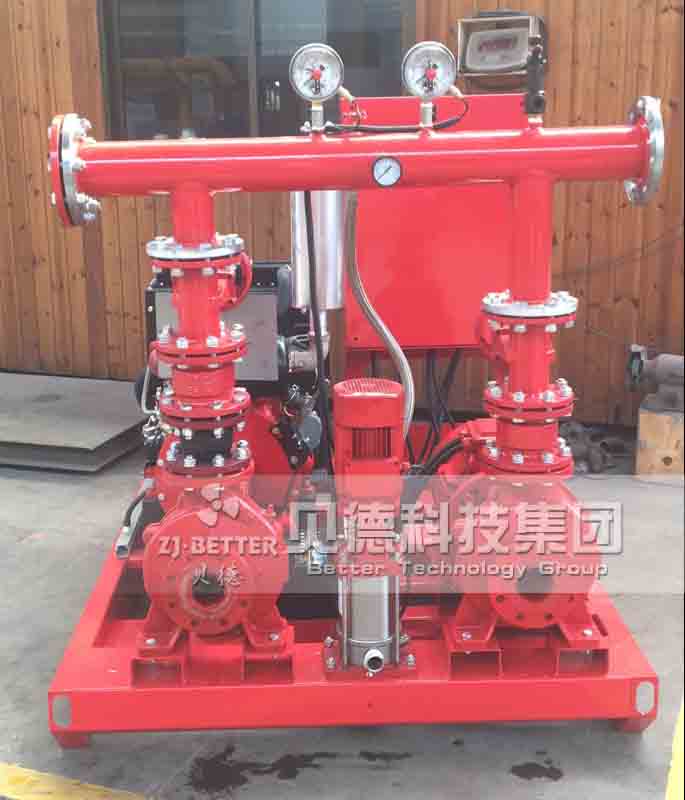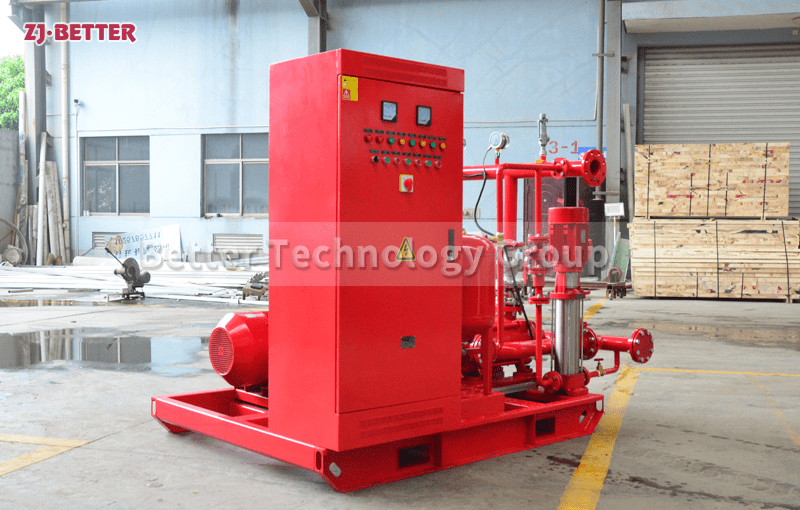1. Whether the fire equipment is in good condition, including whether the fire extinguisher is leak-proof and whether the alarms, lights, fire hydrants, fire doors and other equipment are working properly.
2. Whether the personnel of the unit have received professional fire safety training.
3. Whether the layout of the office space follows the fire safety regulations, such as whether the aisle and emergency routes are unblocked and whether the relevant structural objects are in good condition.
4. Whether the management of flammable and explosive materials meets the relevant regulations and whether their storage places and transportation are kept in good condition.
5. Whether the fire exits are unobstructed and clear, and whether the signage and lighting is normal.
6. Whether the underground pipelines, cable linings, and other equipment that are easy to cause a fire accident are managed in accordance with relevant regulations.
7. The integrity and security of the fire-fighting equipments.
8. Whether alarm systems are set up in the internal and external parts of the structures and at important points in the facilities.
9. Whether the fire-fighting system is in good condition and whether the drafting of emergency evacuation plans is in compliance with applicable regulations.

